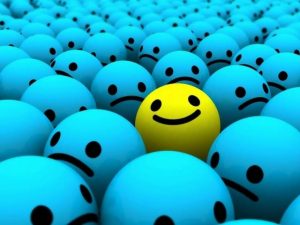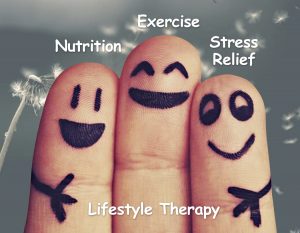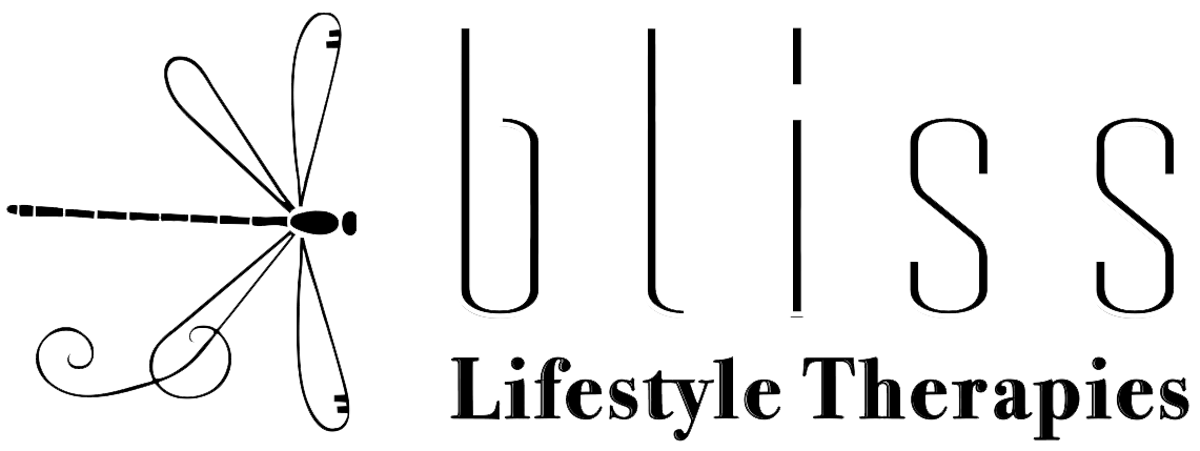
Taking shortcuts for a happier life | Many of us have heard of the hormone serotonin…
We generally think of it in relation to the brain and mood regulation.
However, serotonin is an ancient chemical in the body that’s used intimately in regulating many different processes, besides in the brain, like digestion, forming blood clots at wound sites, reproduction and development.
So the problem is when we mess with our serotonin levels, we are affecting all these different processes in the body, not just our mood.
Making Lifestyle changes vs. taking pharmaceuticals | Research findings include these risks:
-
-
- Developmental problems in infants
- Problems with sexual stimulation and function and sperm development in adults
- Digestive problems like diarrhea, constipation, indigestion, bloating
- Abnormal bleeding and stroke in elderly (resulting in a higher death rates)
-
In some cases there is even and increased risk in suicidal thoughts. Even for their prescribed use, patients are more likely to suffer a relapse after going off their medication as the brain struggles to regain balance.
The argument is: you’ve got a minimal benefit and a laundry list of negative effects. Does the list of negative effects outweigh any benefit?
It’s good to know the risks and the alternatives.

There are alternatives to anti-depressant medications.
Many people are unaware that nutritional deficiencies can contribute to depression.
Lack of certain B vitamins, vitamin D, and the essential fatty acid omega-3 can all lead to clinical depression. Stress reduction can increase feelings of happiness and peace, and, positive mood enhancing chemicals are naturally released in the body during exercise.
Exercise is in fact, still the number one best cure for depression.
These are all components of lifestyle. Lifestyle Therapy can be designed to create an optimal balance for your needs and can definitely help you to feel happier and more energetic.
Changes in stress levels, eating habits, exercise levels, weather, etc. can all create different nutritional demands on your body that can affect mood if the needs are not met. Even the balance of bacteria in your gut can profoundly affect mood if there are not enough good bacteria. Ironically, good bacteria tend to come with good, healthy, fresh foods.
So before you opt for the “magic” pill, it might be very helpful to find out if the problem is as simple as a lifestyle issue that can be easily remedied, through targeted nutrition, exercise and stress releif, without the added risks of drugs.
Journal Reference:
1. Paul W. Andrews, J. Anderson Thomson, Anansa Amstadter, Michael C. Neale. Primim Non Nocere: An Evolutionary Analysis of Whether Antidepressants Do More Harm Than Good. Frontiers in Psychology, 2012;
